Can l use an HsS drill bit for brick?
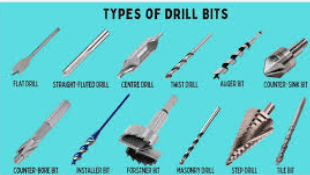
Yes, you can. there are several drill bits can be used for drill brick:
- Standard Drill Bits (HSS – High-Speed Steel)
- The most commonly used bits for brick walls.
- Suitable for various materials, including brick, stone, and concrete.
- Nickel-Alloy Drill Bits
- Harder and more durable than standard HSS bits.
- Ideal for drilling into brick walls but requires slower speeds and lubrication to prevent overheating.
- Tungsten Carbide Drill Bits
- More precise, designed for smaller holes.
- Perfect for installing small brackets or fixtures in brick walls.
II. Usage Tips
- Select the Right Drill Bit
- For general drilling, HSS bits work well.
- For tougher brickwork, opt for nickel-alloy or carbide bits.
- Control Speed & Pressure
- Drill slowly with steady pressure.
- Excessive speed generates heat, while insufficient pressure prevents proper penetration.
- Use Water or Lubricant
- When using nickel-alloy or carbide bits, apply water or lubricant to:
- Reduce friction
- Prevent overheating
- Extend bit lifespan
- When using nickel-alloy or carbide bits, apply water or lubricant to:
Conclusion:
Drilling into brick walls isn’t difficult if you:
✔ Choose the correct bit
✔ Maintain proper speed & pressure
✔ Use lubrication when needed
Drilling Tiles: A Guide
I. Choose the Right Bit Material
- HSS (High-Speed Steel) Bits – Best for light-duty, dry drilling.
- Carbide-Tipped Bits – Ideal for cutting into hard tiles without cracking.
II. Select the Correct Bit Size
- Small holes (e.g., for screws) → Use a standard electric drill.
- Large holes (e.g., for pipes) → Requires a hammer drill for stability.
⚠️ Wrong size = Tile cracks!
III. Proper Drilling Technique
- Clean the tile surface (remove dust/debris).
- Start slow, then gradually increase speed.
- For larger holes:
- Begin with a small pilot hole.
- Use a step-by-step approach to prevent damage.

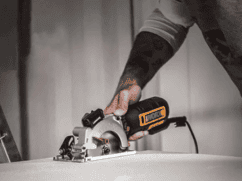
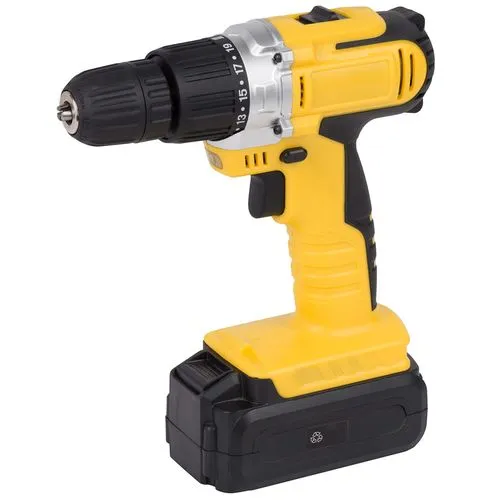




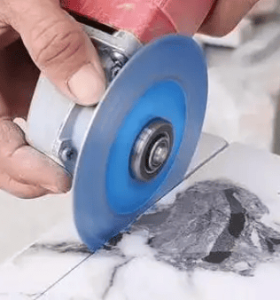
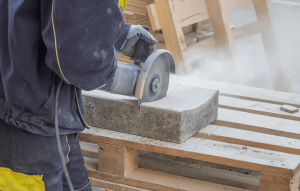
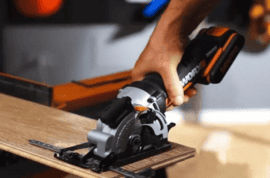
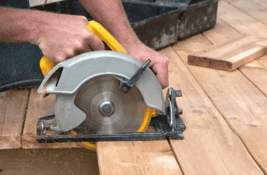
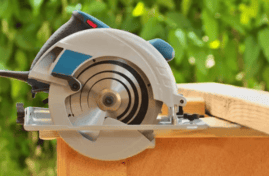
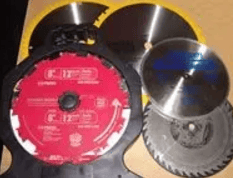
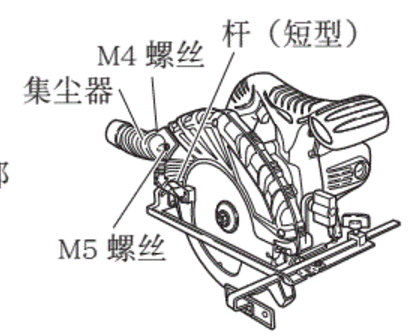
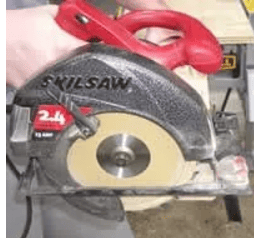
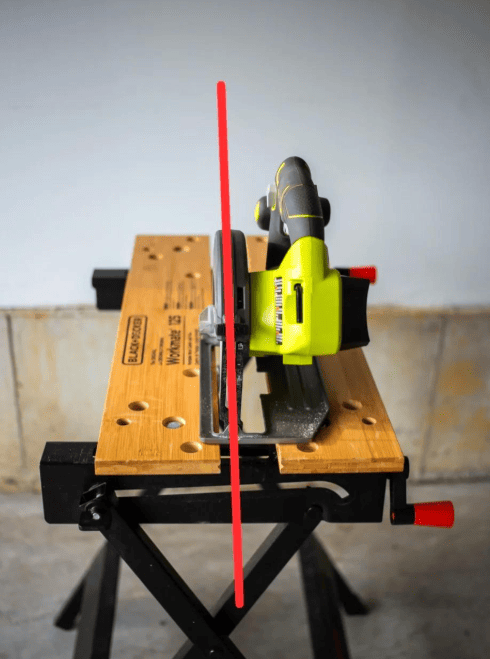
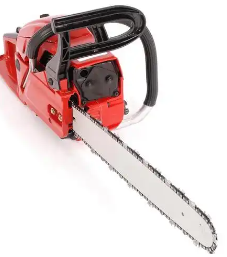
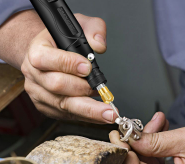

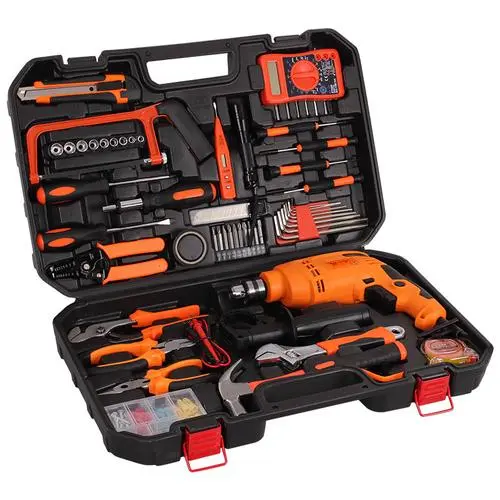
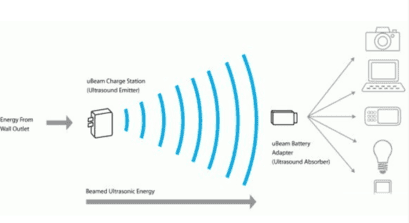
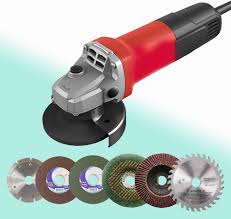
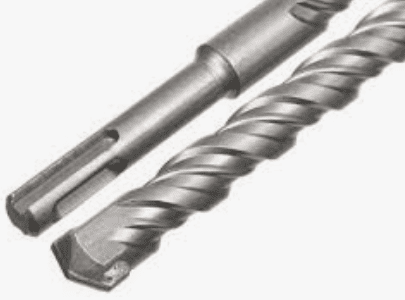
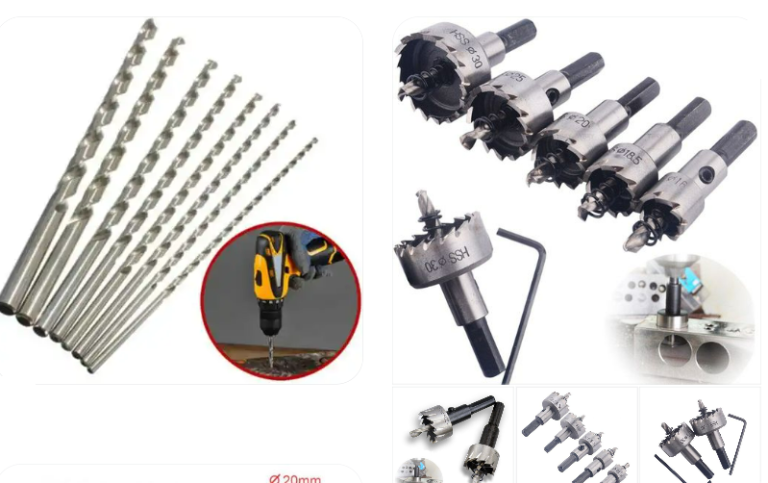
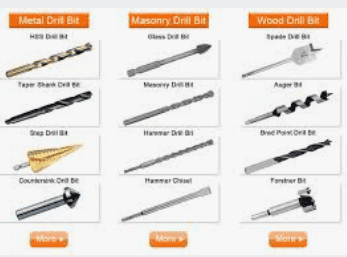
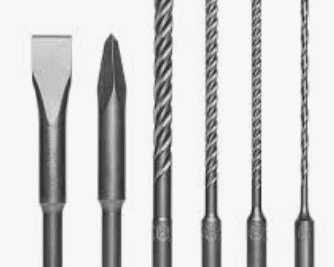
One Comment